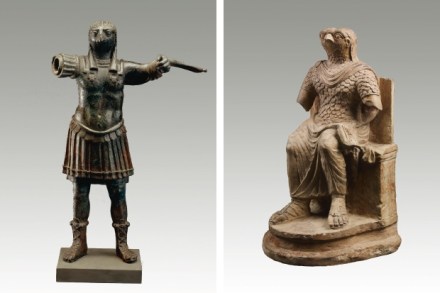Picasso was a much better sculptor than a painter
If you’re anywhere near New York soon, don’t miss the exhibition of Picasso’s sculptures at the Museum of Modern Art. It has restored my love of the great magician. As a teenager I had eyes for no one else. He was the obvious god of modern art. Almost all previous art looked boring, and not much subsequent art spoke to me. I suppose I liked the posturing maleness (I also liked The Rolling Stones). But then his paintings gradually lost some of their force (at around the time that Stones songs began to sound dull after the first ten seconds of Dionysian excitement). At Tate Modern’s Matisse Picasso show in
















